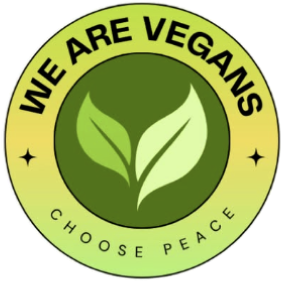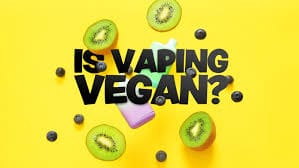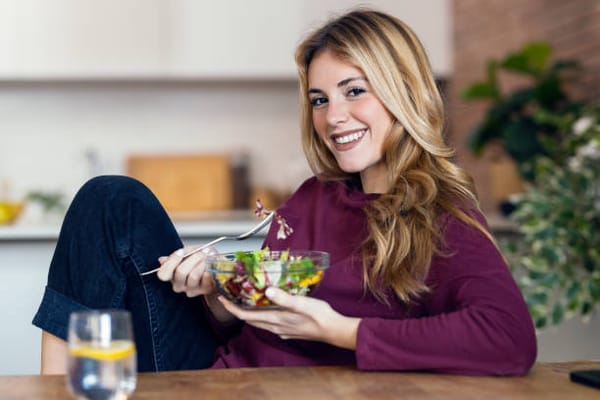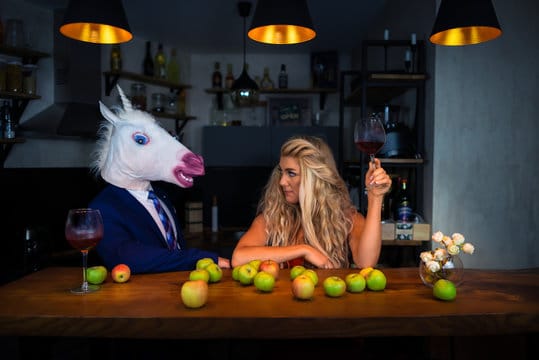The Best & Worst Pets for Vegans in the U.S.
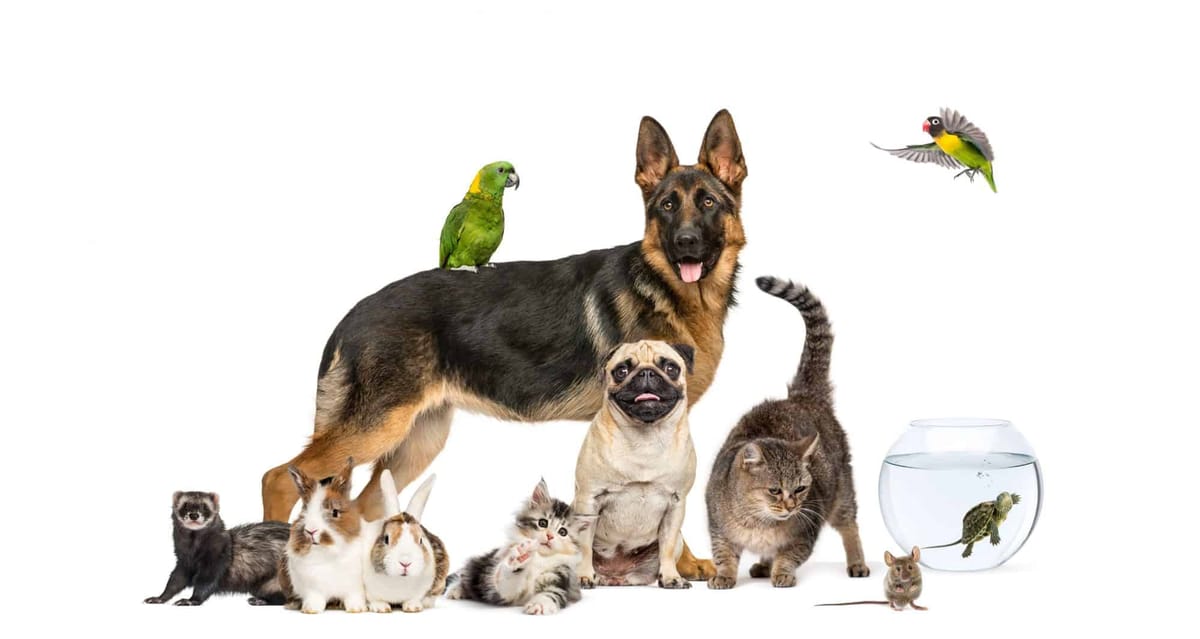
Choosing a pet as a vegan in the U.S. is more than just finding a furry friend—it’s about alignment between your values and the life you bring into your home. Some pets fit beautifully with a plant-based lifestyle, others come with ethical and dietary conflicts. Let’s explore both sides.
About This Guide
This list is shaped by real vegan pet owners' insights from forums and Reddit, alongside expert veterinary sources, so you can trust it reflects a range of lived experiences and advice
🐇 Best Pets for Vegans (Ethically & Dietarily Aligned)
1. Rabbits – Fluffy, Herbivorous Friends
Rabbits are naturally herbivores. A well-balanced diet of fresh hay, leafy greens, and vegan pellets supports their health—and fits vegan ethics perfectly Vet Help Direct+1Vegan Wins+1.
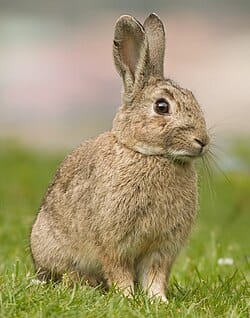
2. Guinea Pigs – Social Veggie Lovers
Cavies thrive on plant-based diets and require daily vitamin C. They’re sociable, intelligent, and ideal roommates for compassionate households .
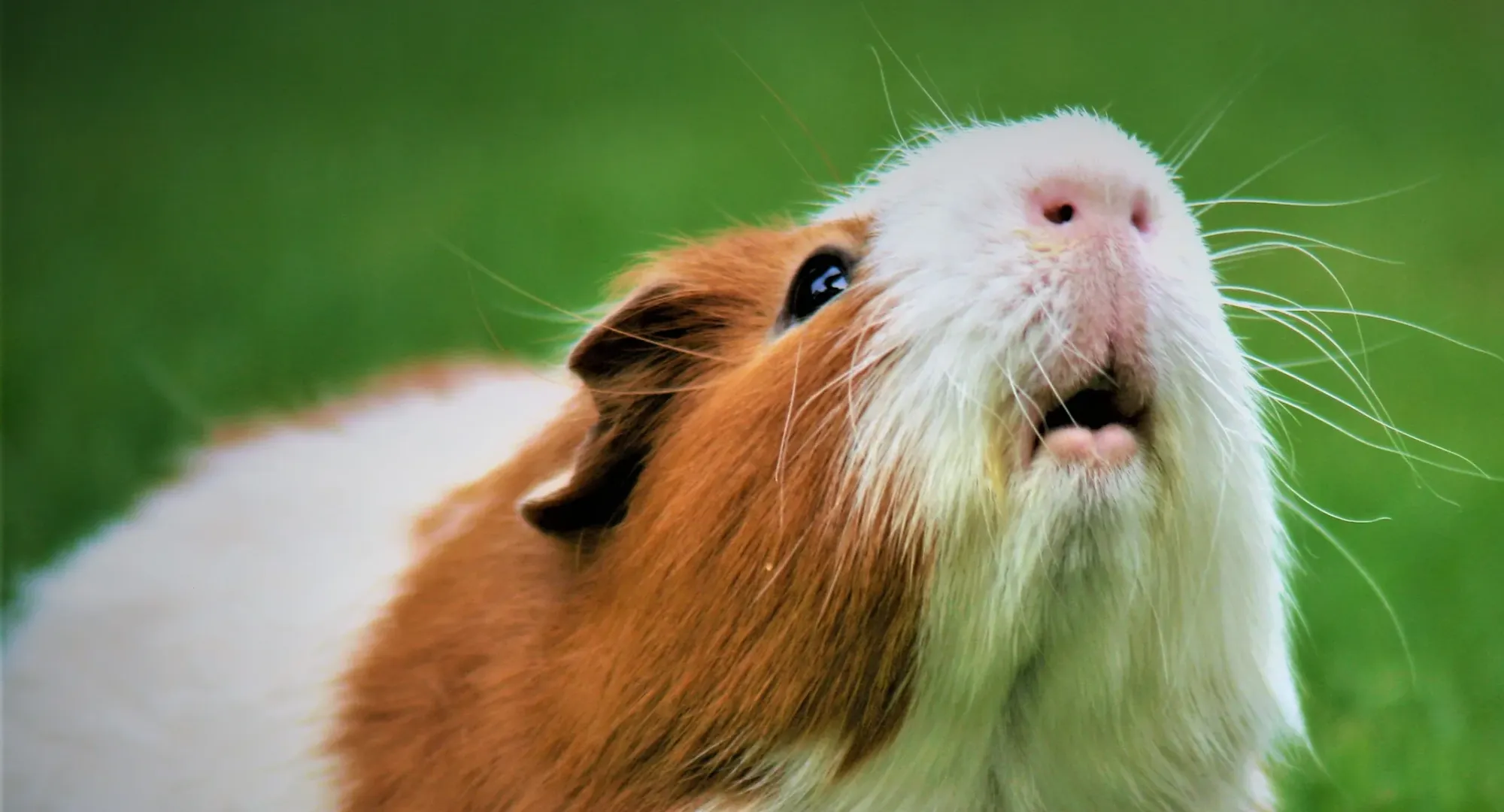
3. Rats, Mice, Hamsters & Gerbils – Clever and Capable
These omnivorous rodents can thrive on vegan mixes fortified with nutrients. They’re intelligent, affectionate, and suitable companions if their diet is balanced correctly.
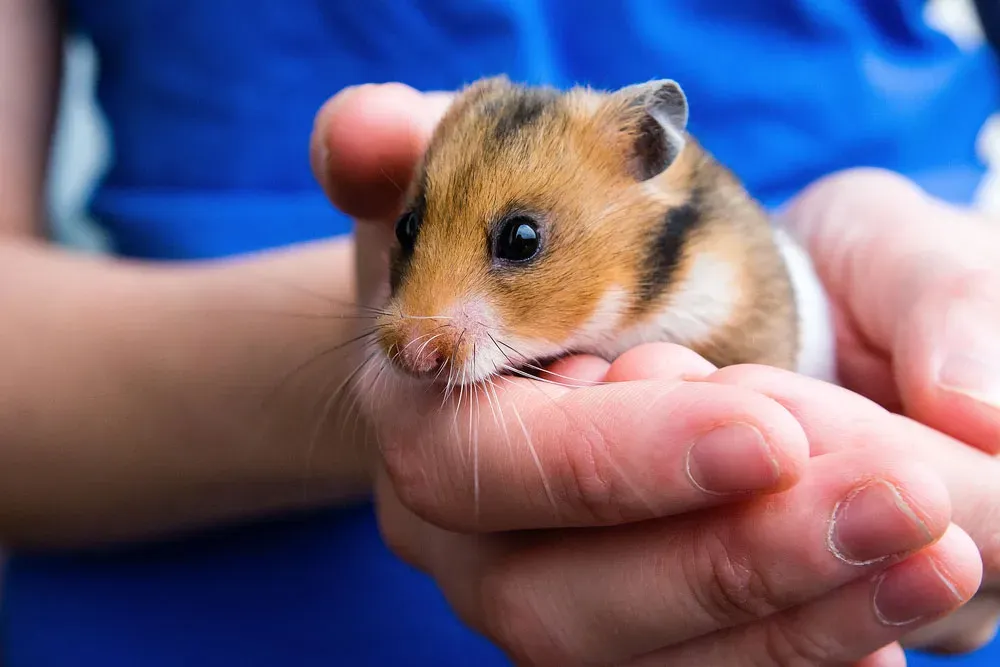
4. Chinchillas & Degus – Fiber-Focused Dwellers
These small mammals eat fiber-rich plant diets—and do not require meat. They live long lives (chinchillas up to 10+ years) if cared for properly.
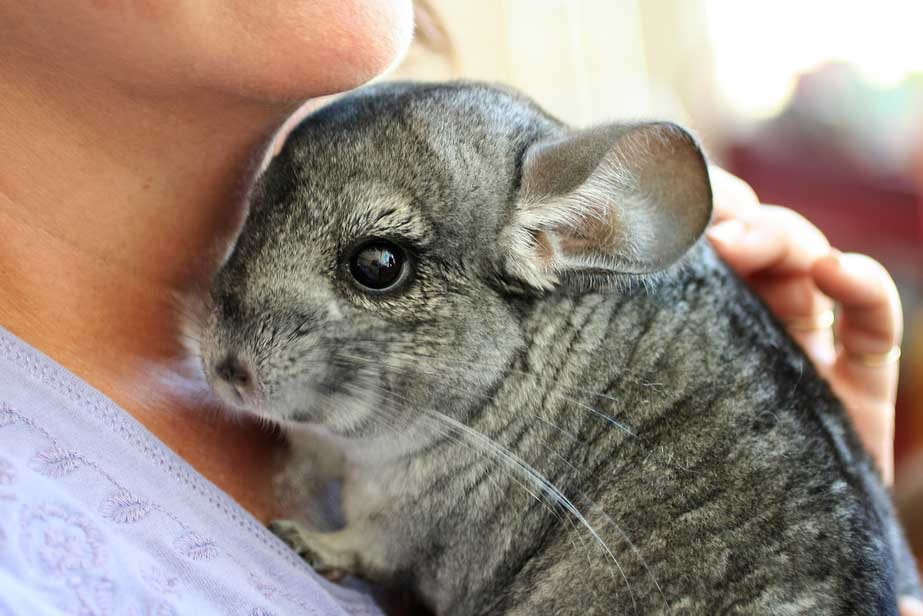
5. Herbivorous Birds – Parakeets, Parrots, Finches
Seed, fruit, and vegetable diets fit these birds naturally. Egg layers or breeding birds may require a protein boost occasionally, but smart feeding makes them vegan-compatible.
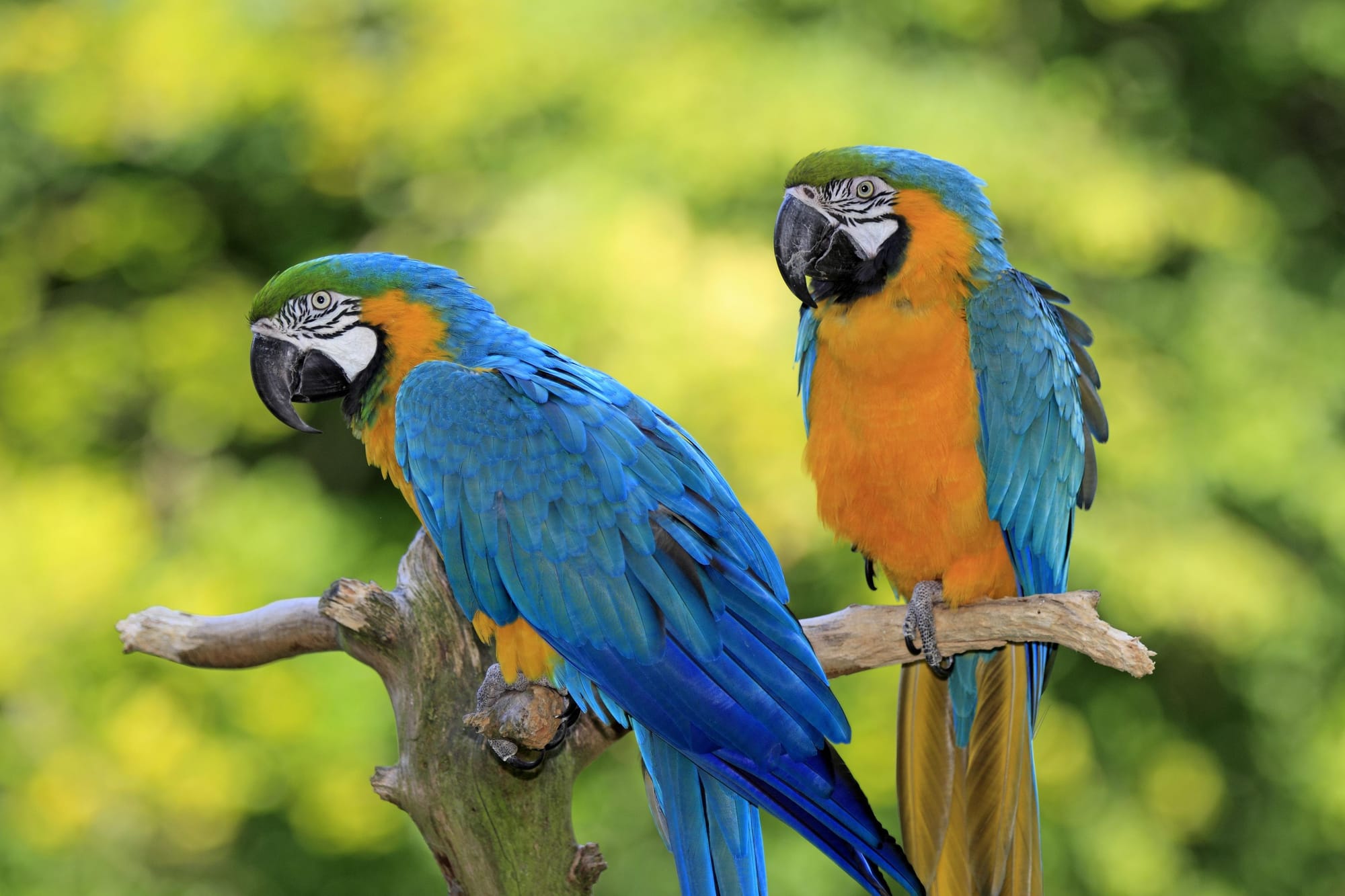
6. Green Iguanas – A Reptile Option for Vegans
With careful planning, Green iguanas can thrive on all-plant diets. Requires diligence—but no meat needed.
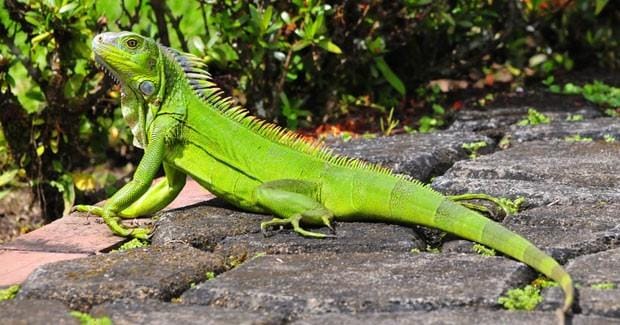
❌ Worst Pets for Vegans (Due to Ethical or Dietary Concerns)
1. Cats – Obligate Carnivores
Cats biologically require meat-derived nutrients like taurine and arachidonic acid. While synthetic nutrients exist, balanced vegan diets for cats carry high risks and nutritional uncertainty.
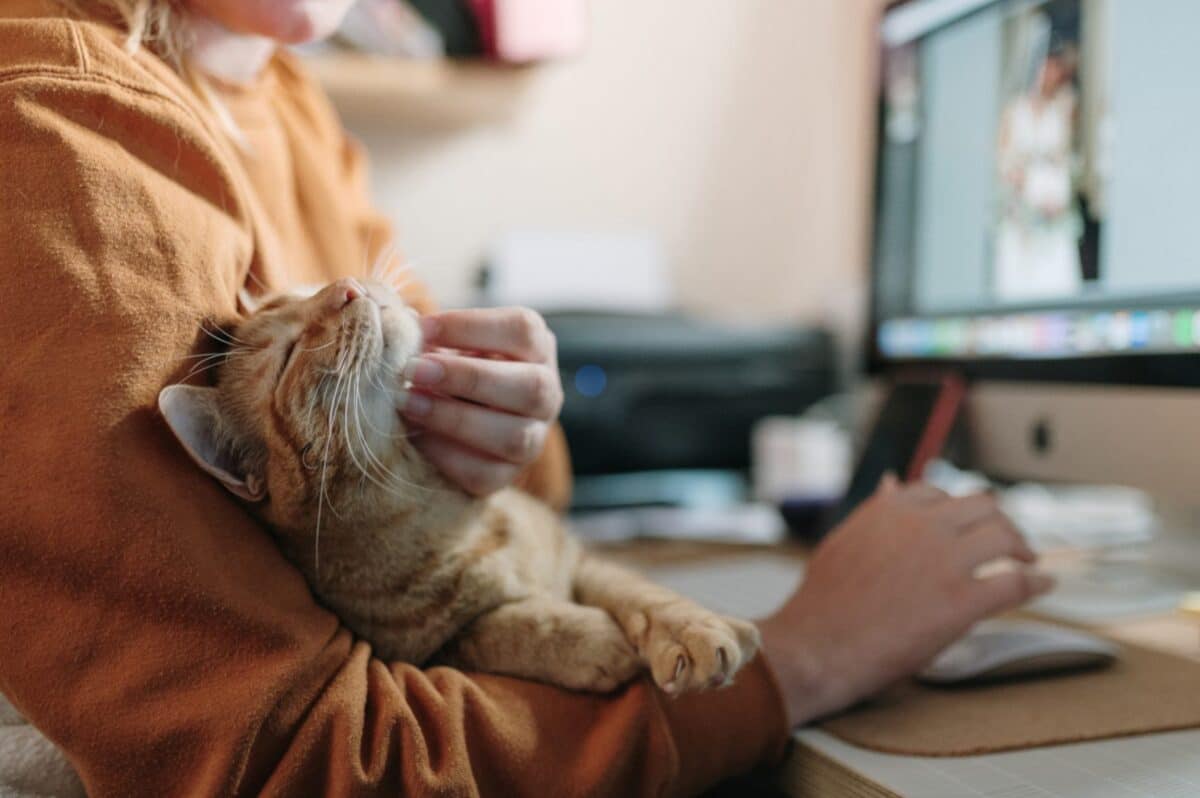
2. Snakes & Many Reptiles
Obligate carnivores that require feeding on rodents or other animals—making this choice incompatible with vegan ethics for most.
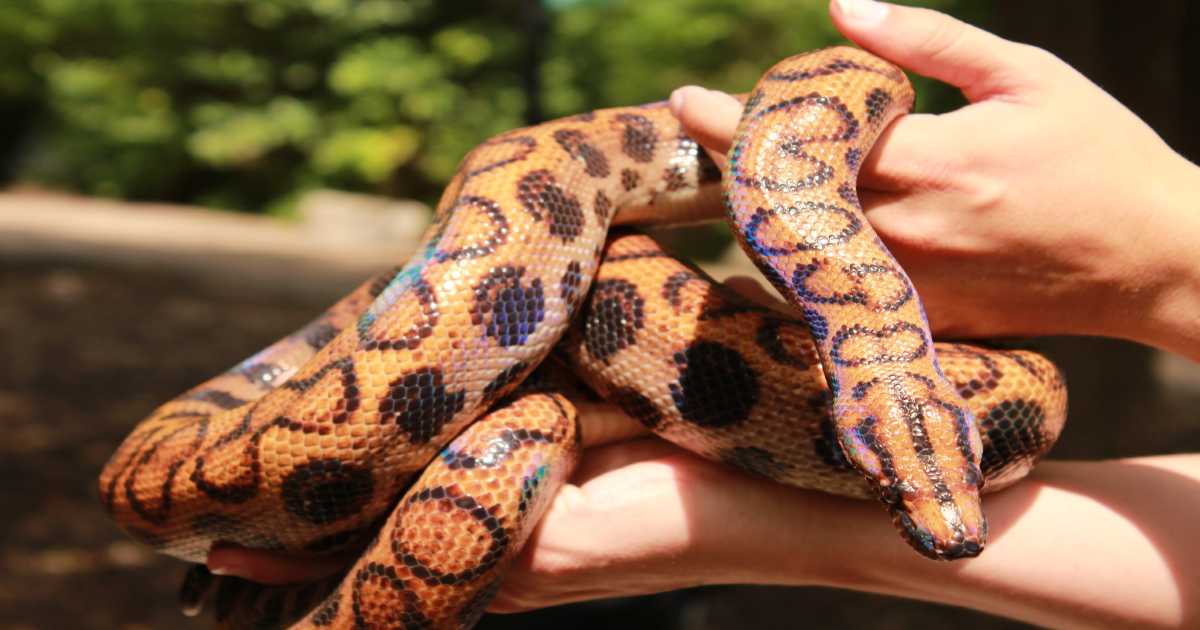
3. Ferrets
As strict carnivores, ferrets rely heavily on animal protein. That diet conflicts fundamentally with vegan principles unless you’re prepared to compromise.
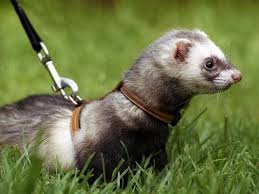
🩺 What About Dogs?
Dogs are omnivores—and some studies show dogs can do well on carefully formulated vegan diets if all essential nutrients (like taurine, L‑carnitine, vitamin B12) are provided under veterinary supervision.
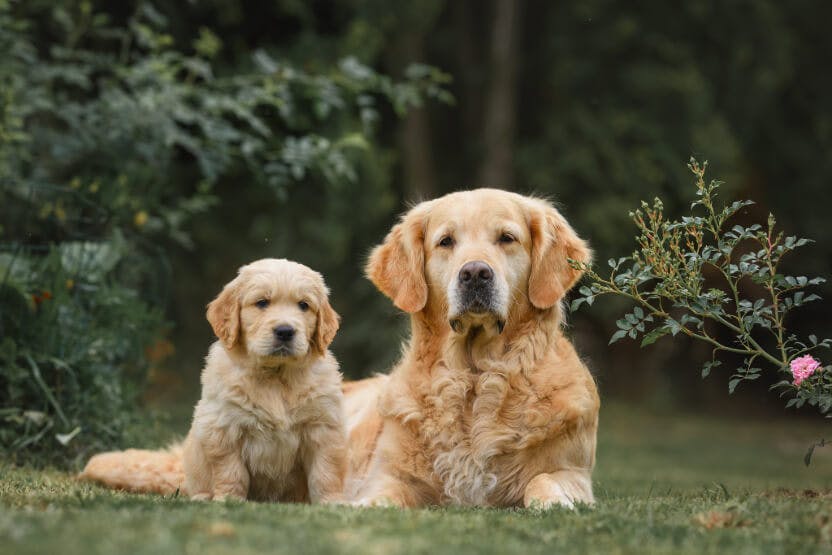
💡 Important Vegan Pet Guidelines
- Vet First: Always consult a vet, especially before putting a dog or cat on any vegan diet.
- Choose Herbivores When Possible: Rabbits and guinea pigs align most naturally with vegan values.
- Balanced Nutrition Matters: Small mammals and reptiles need carefully formulated vegan diets—supplements may be required.
- Rescue, Don't Buy: Adopting from rescue shelters avoids funding the breeding of exotic or ethically problematic pets.
- Check Community Sources: Reddit users consistently praise rabbits and cavies for being ideal for vegan households.
🧭 Final Thoughts
Pet ownership as a vegan is a nuanced decision. When it comes to small herbivores—like rabbits, guinea pigs, and certain rodents or birds—the alignment is strong and ethically clean. Dogs may work if carefully managed; cats and obligate carnivores present significant ethical and health dilemmas.
Whether you’re welcoming a bunny or considering a budgie, make sure your new companion thrives as well as aligns with your vegan values.
Let me know if you’d like social media captions or meta description to go along with this post!
